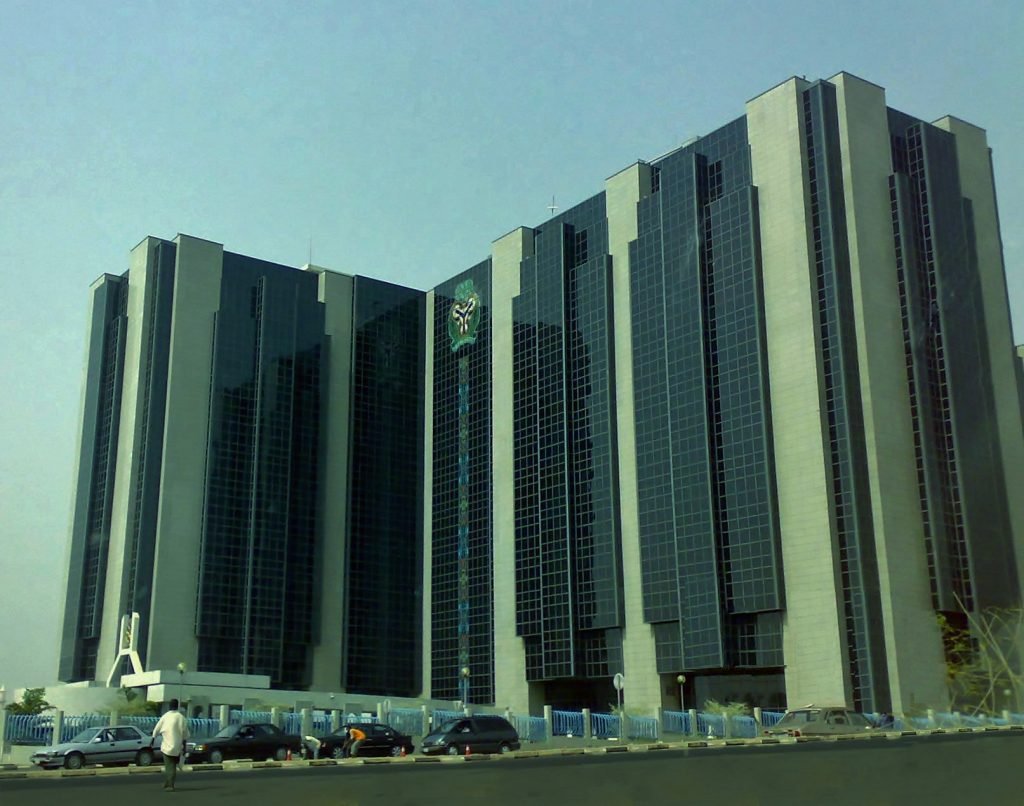
By David Akinmola
Nigerians spent a total of $1.39 billion on foreign education within the first six months of 2025, underscoring the continued pressure on the country’s foreign exchange reserves and the growing appetite for overseas academic opportunities.
Fresh data from the Central Bank of Nigeria (CBN) show that the outflow covering payments for tuition, accommodation and other school-related expenses rose significantly compared to the same period in 2024. Analysts say the trend reflects persistent concerns about the quality of the domestic education system, prolonged disruptions in public universities, and the premium many families place on international qualifications.
The figure also highlights the strain on Nigeria’s external reserves, already pressured by demand for medical tourism, offshore investments and import dependence. Economists warn that sustained education-related capital flight could weaken efforts to stabilise the naira.
Stakeholders in the education sector say the continued exodus of Nigerian students points to an urgent need for structural reforms. According to them, improving learning infrastructure, strengthening research funding, and ensuring uninterrupted academic calendars are key to reducing the migration trend.
Despite rising costs abroad triggered by inflation, visa restrictions and currency depreciation—consultants report that student applications to the United Kingdom, Canada, and Australia remain strong.
The CBN data suggest that unless domestic institutions become more competitive, Nigeria will continue to lose billions of dollars annually to foreign education.








